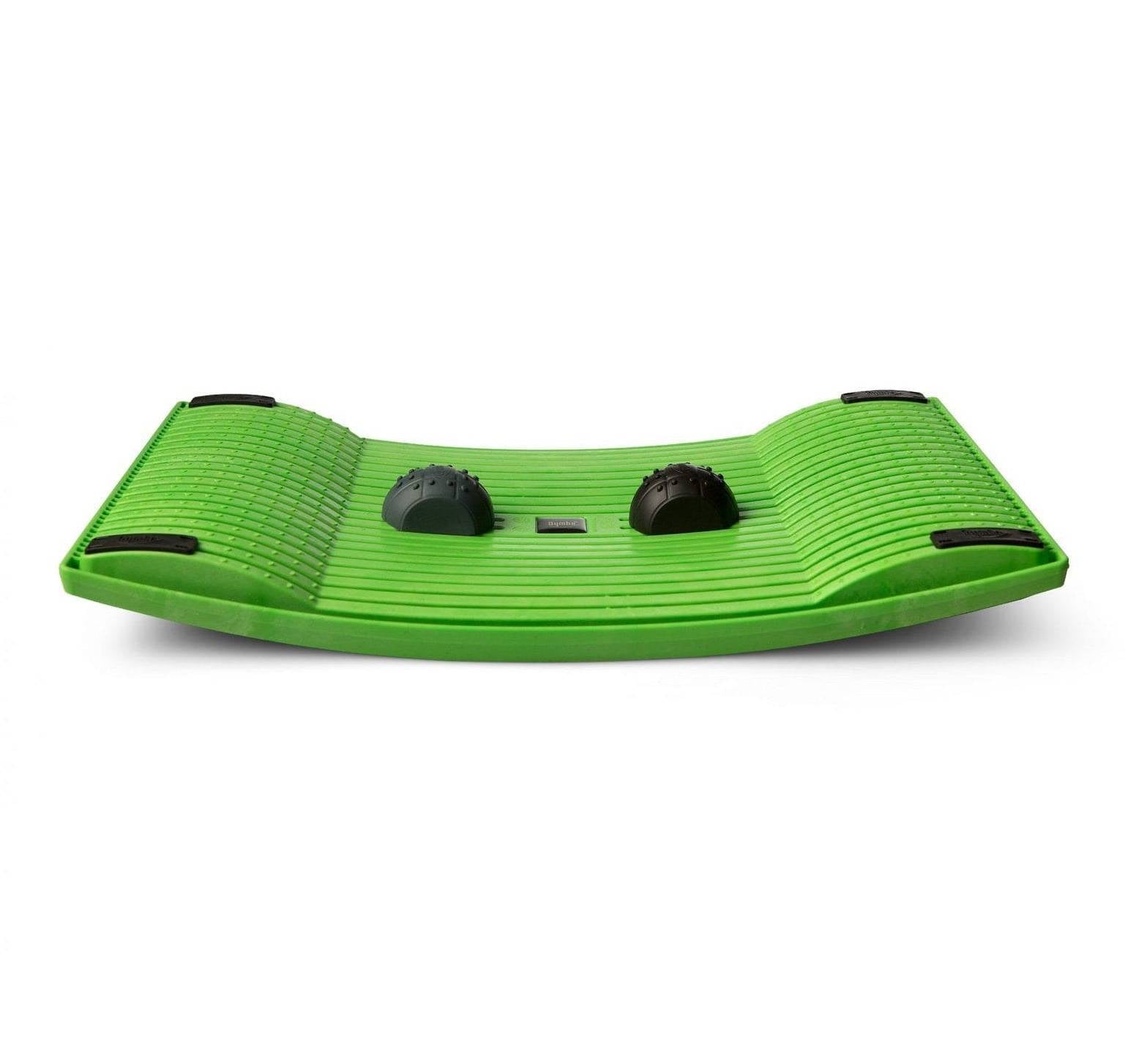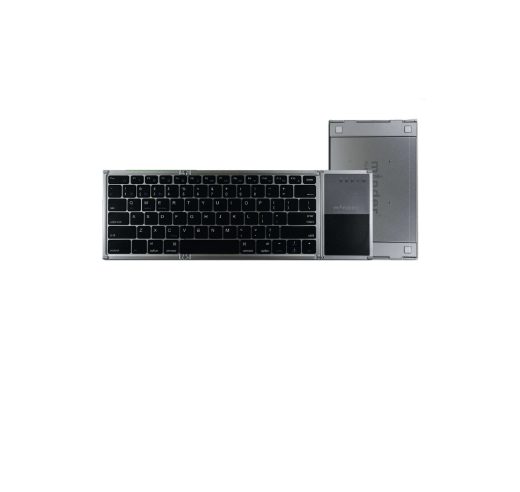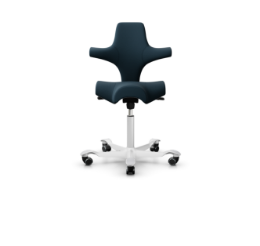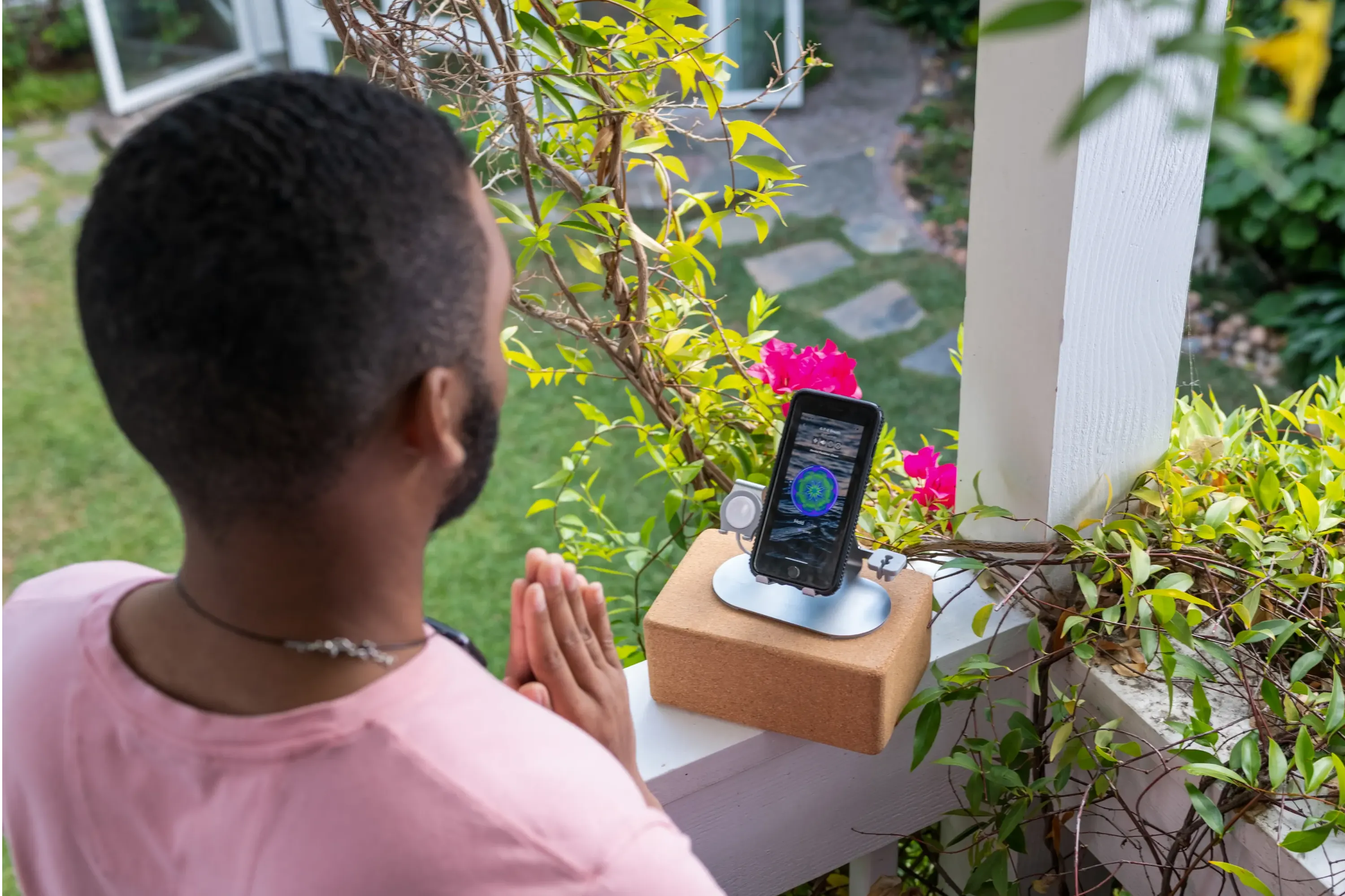We’re doing it wrong
We all strive to excel in our workplace. We volunteer to work overtime, we take on extra projects and rarely step away from our desks. We do all this in hopes to be more efficient and effective at work. But interestingly, this “work until you drop” mentality is counterintuitive to our productivity. Chaining yourself to a desk or scarfing down your lunch in your cubicle isn’t a recipe for success – it’s a recipe for disaster.
Research shows that humans naturally move from full focus and energy to mental fatigue every 90 minutes. So, without taking adequate breaks from work, your productivity, mental well-being and overall work performance begin to suffer. We often forget that what fuels our capacity to work is our energy! And increasing that capacity is the best way to get more done faster and better.[1]
Unlock the Power of the ME/mo
Over the last decade, we have found that intermittent breaks for renewal result in higher and more sustainable performance. The length of renewal is less important than the quality. It is possible to get a great deal of recovery in a short time—as little as several minutes—if it involves a ritual that allows you to disengage from work and truly change channels. This is where the ME/mo (ME moment) becomes invaluable and allows you to be mindful OVER the moment and to gather yourself with intention. ME/mos help you recalibrate and address tasks more confidently.
The value of such breaks is grounded in our physiology. “Ultradian rhythms” refer to 90 to 120 minute cycles during which our bodies slowly move from a high-energy state into a physiological trough. Toward the end of each cycle, the body begins to crave a period of recovery. The signals include physical restlessness, yawning, hunger, and difficulty concentrating, but many of us ignore them and keep working. The consequence is that our energy reservoir burns down as the day wears on.
One of the most common ways to implement a schedule with breaks—especially when you’re busy—is to work in small bursts. With the award winning app minder®, users can meet their wellness goals by sending custom reminders to take a ME/me throughout the day. Stretch, drink some water, do a breathing exercise, or just sit back and relax. After you’ve done four short break sessions, take a longer break of 20 minutes or so.
Timing is everything
If you feel like you need more time to complete a task, you can instead take breaks at 90-minute intervals. Sleep researchers have been studying the 90-minute ultradian pattern for years, and what we have learned is it persists when we are awake, as we move from higher to lower levels of alertness. This has been dubbed the ultradian rhythm. In fact, when researchers studied elite performers like violinists, athletes, actors and chess players, they found that the best performers practiced in focused sessions of no more than 90 minutes. So, taking a 20-minute break every 90 minutes can maximize gains and improve focus.[2]
If you want guidance on what kind of break to take, researchers have found that relaxing activities also help repair mood since they are generally experienced as pleasant, and thus can help promote positive affect and reduce negative affect resulting from job demands.[3]
Be in Touch With Your Emotions
When we take more control of our emotions, we can improve the quality of our energy, regardless of the external pressures we are facing. To do this, we must first become more aware of how we feel at various points during the workday and of the impact these emotions have on their effectiveness. We tend to perform best when we are feeling positive energy. Without intermittent recovery, we’re not physiologically capable of sustaining positive emotions for long periods.
Confronted with relentless demands and unexpected challenges, we tend to slip into negative emotions—the fight-or-flight mode—often multiple times in a day. These fight-or-flight emotions make it impossible to think clearly, logically, and reflectively. When we learn to recognize what kinds of events trigger negative emotions, they gain greater capacity to take control of their reactions.
One simple but powerful ritual for defusing negative emotions is what we call “buying time.” Deep abdominal breathing is one way to do that. Exhaling slowly for five or six seconds induces relaxation and recovery, and turns off the fight-or-flight response.
When you work on a task continuously, it’s easy to lose focus and get lost in the weeds. In contrast, following a brief intermission, picking up where you left off forces you to take a few seconds to think globally about what you’re ultimately trying to achieve. It’s a practice that encourages us to stay mindful of our objectives. minder works immediately to make healthy habits interactive and fun and produces outcomes clinically proven to reduce stress and IBS, increase strength, improve blood pressure and reduce chronic back pain. So take a break. And notice how it improves your performance! minder is available for download from the App Store.















Leave a comment
All comments are moderated before being published.
This site is protected by hCaptcha and the hCaptcha Privacy Policy and Terms of Service apply.